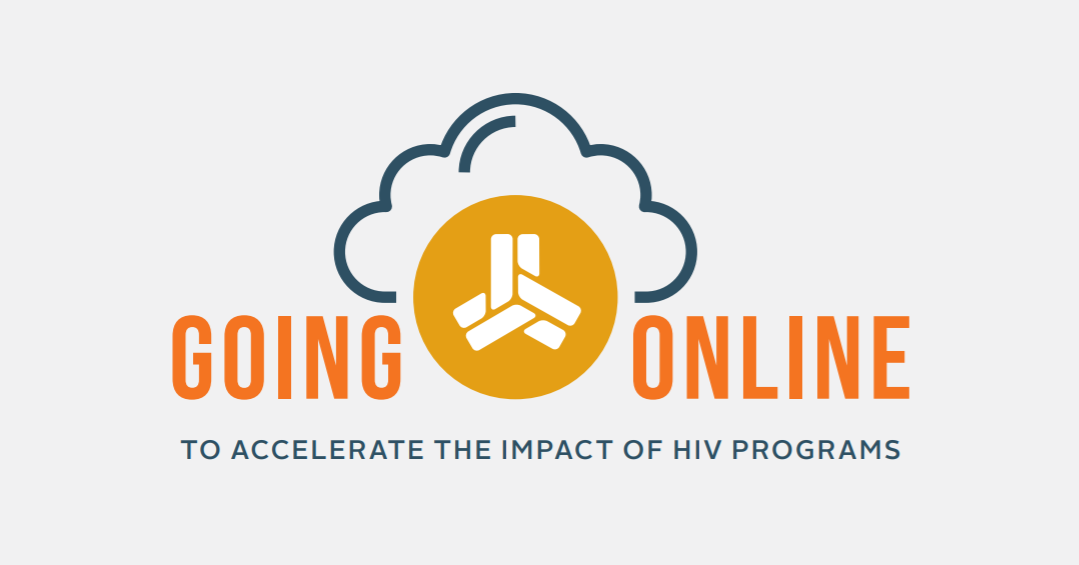Event Date
May 28–Sep 24
2020
ABOUT THIS WEBINAR SERIES: The USAID- and PEPFAR-supported EpiC project was pleased to host a webinar series on how to deliver HIV services using online and virtual platforms. This series offers practical skills building for various approaches outlined in FHI 360’s Vision for Going Online, including orientation to forthcoming tools and guidance. This webinar series is intended for HIV program implementers, including community partners interested in online solutions to support continuation of HIV services during and after the COVID-19 pandemic.
PrEP: Going virtual with PrEP service delivery (May 28, 2020)
In this webinar, co-hosted by the PrEP Learning Network, we heard from FHI 360, PATH and the Thai Red Cross AIDS Research Centre on how their projects in Thailand, Vietnam, Kenya and Eswatini are using virtual platforms to support PrEP and antiretroviral therapy delivery. These programs have had virtual and online elements established for some time, which are even more important now in the context of the COVID-19 pandemic. We heard about how to support new and continued use of PrEP, carry out laboratory testing and provide remote case management through virtual technologies and innovative adaptations.
Resources: Recording (1:26) / Slides / Resource Sheet
QuickRes: Setting up and using QuickRes for online HIV service booking and client case management (June 25, 2020)
A webinar providing hands-on experience with QuickRes– a new web-based tool for online appointment booking, clinic reporting, and case management for HIV services. QuickRes is a multi-country and multi-language hub for HIV services running the Online Reservation App (ORA) software developed by FHI 360 used in over 12 countries. Join this webinar to learn how to set up and use QuickRes to support your HIV program.
Resources: Recording (1:32) / Slides / Resource Sheet / QuickRes Technical Guide
Virtual Case Management: Transitioning case managers to provide ART and PrEP services virtually (July 30, 2020)
A webinar providing practical considerations for how HIV programs can transition case managers and peer navigators to provide support to clients through virtual platforms. Learn about the unique value of virtual platforms for ART and PrEP case management, consider your own roll out plan, and be oriented to a forthcoming virtual case management guide that can be adapted to program and country context. HIV program staff supervising case managers or peer navigators may find this webinar particularly valuable, as well as technical staff and managers of HIV programs.
Resources: Recording (1:32) / Slides / Resource Sheet
Electronic Client Feedback Systems: Setting up and using a routine electronic client feedback system for HIV programs (August 27, 2020)
A webinar providing practical considerations for how HIV programs can set up and use electronic client feedback systems to support quality improvement. Learn about EpiC’s short-and-sweet “LINK” client feedback survey format that optimizes high volume and quality client feedback targeted for quality improvement. Hear from a range of HIV programs in Asia and Africa on how they have used this tool and resulting data to guide their quality improvement efforts. Participants will learn about a range of tools and guidance to set up this approach for their HIV program. HIV program staff, ministry staff, or health facility management who are responsible for monitoring and improving the quality of HIV services may find this webinar useful.
Resources: Recording (1:30) / Slides / Resource Sheet
Marketing HIV Service Online: Leveraging online marketing platforms to generate demand for HIV services (September 24, 2020)
Join online marketing experts and field program staff to explore how you can leverage Facebook, Google, dating apps, and social media influencer promotions to support HIV service delivery. HIV program staff involved in the design, implementation, and monitoring of online HIV marketing efforts may find this webinar useful. Co-hosted by Building Healthy Online Communities (BHOC).
Resources: Recording (1:26) / Slides / LINK Technical Guide

